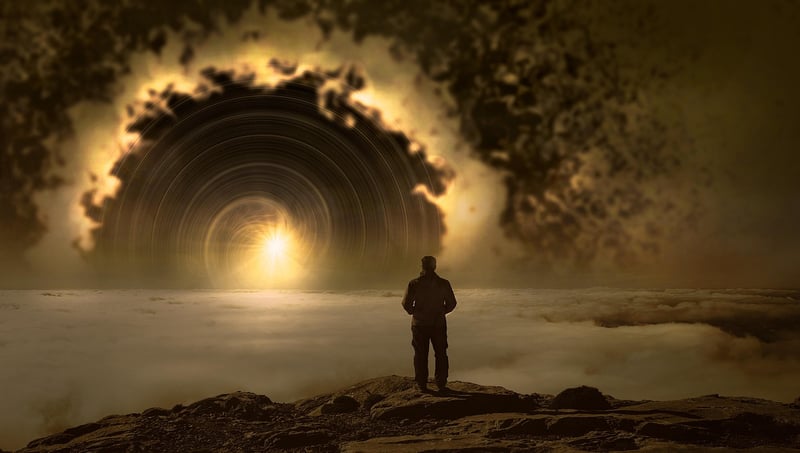Black Hole Collisions
Witness Cosmic Phenomena: Black Hole Collisions
Exploring the mysteries of the universe can be a mind-bending experience. Among the most awe-inspiring events are black hole collisions, where these cosmic giants merge in a spectacular dance of gravity.
What Are Black Holes?
Black holes are regions in space where gravity is so intense that nothing, not even light, can escape their grasp. They form when massive stars collapse under their weight, creating a singularity with infinite density and a powerful gravitational pull.
Black Hole Collisions
When two black holes come close enough, their immense gravitational forces interact, leading to a cosmic collision. This event releases energy in the form of gravitational waves, ripples in spacetime that travel through the universe at the speed of light.
Gravitational Waves Detection
Scientists detect these gravitational waves using instruments like LIGO (Laser Interferometer Gravitational-Wave Observatory) and Virgo. By measuring the subtle distortions in spacetime caused by black hole mergers, researchers can unravel the secrets of the cosmos.
Witnessing the Unseen
Thanks to advancements in technology, we can now "see" the invisible through these gravitational wave detections. Witnessing black hole collisions not only confirms Einstein's theory of general relativity but also opens a new window to explore the darkest corners of the universe.
Experience the Marvels of the Universe
Exploring cosmic phenomena like black hole collisions reminds us of the vastness and wonder of the universe. It challenges our understanding of physics and invites us to contemplate the mysteries that lie beyond our reach.
Witness the Unveiling of the Universe's Secrets!

Prepare to be mesmerized by the breathtaking beauty and unfathomable power of black hole collisions. Join us in unraveling the enigmas of the cosmos!
For more information on black holes and cosmic phenomena, visit NASA's Black Hole Guide.
